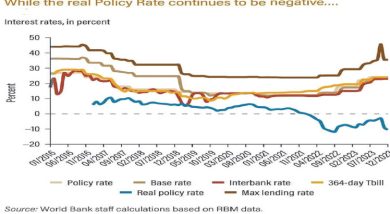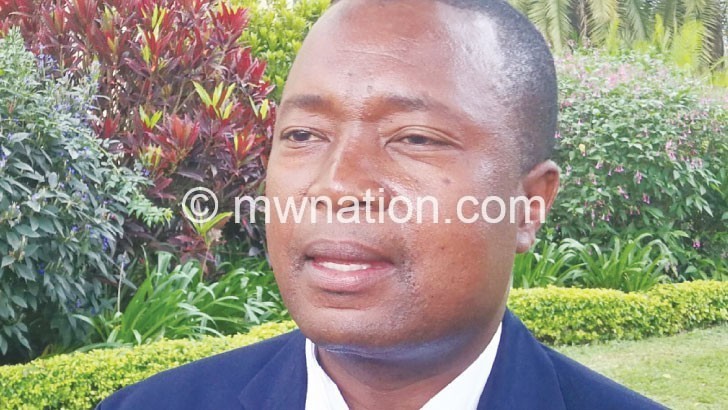EU sees pressure on economy
European Union (EU) Ambassador Rune Skinnebach says Malawi’ economy is under pressure amid lack of resilience and limited fiscal space.
Speaking on the sidelines of a media engagement with members of the Blantyre Press Club on Tuesday, he said lack of resilience in Malawi comes because of poverty, with mandatory expenditures, at 94 percent, eating much into public resources.
Said Skinnebach: “Malawi has no buffer to support her resilience efforts. We try as the EU to help
the government to reduce poverty and increase resilience.

“So, the best the country can do is ensure it attracts more foreign direct investment, financing and push entrepreneurship spirit to help the economy because
development assistance [ODI] is slowly reducing.”
He said that while economic growth has been absorbed by demographic growth, the change in ODI trends is a wakeup call for Malawi.
“The EU has been giving grants, but we are reducing gradually towards leveraging concensional loans,” said Skinnebach.
Since 1976, EU institutions have provided more than two billion euros in development aid to Malawi, with focus on job creation through economic development based on agriculture-driven growth and education and skills development of the youth.
The EU is also Malawi’s third largest trading partner after South Africa and China and represents 12.1 percent of Malawi’s total trade in 2020.
Meanwhile, data from the United Nations Conference on Trade and Development (Unctad) show that aid inflows to least developed countries (LDCs) such as Malawi declined by four percent in 2022 to $62 billion (K109 trillion).
This followed an eight percent decrease the previous year.
As a result, LDC share of global official development assistance decreased to 22 percent in 2022, the lowest share in a decade.
At the same time, aid is also being increasingly provided through concessional loans rather than grants, increasing developing countries’ debt burdens at a time of growing debt distress, according to the UN.
On the other hand, the proportion of people living below the poverty line of $2.15 (about K3 764) a day is projected to increase the country’s poverty rate to 72 percent in 2024 from 71.7 percent in 2023.
Scotland-based Malawian economist Velli Nyirongo described the trend as worrying, saying economic growth is not keeping pace with the country’s expanding population.
He said this has a negative impact on people’s welfare as living standards could stagnate or even decline, pushing more people into poverty.
“Additionally, government might have less money to invest in crucial services such as education and healthcare, needing to borrow more to maintain social programmes or invest in infrastructure, thereby increasing the national debt burden,” said Nyirongo.
In a recent interview, Treasury Secretary Betchani Tchereni conceded that following Covid-19 and other global exogenous factors, aid has been falling.
“Malawi’s overarching vision is about self-sustenance and reliance. That’s why in the country’s long-term development plan, the Malawi 2063, our vision is about Malawi being an inclusively wealthy and self-reliant country,” he said





